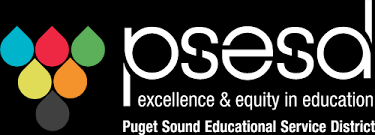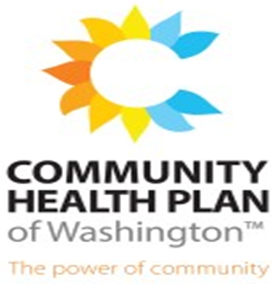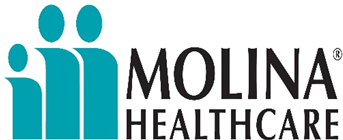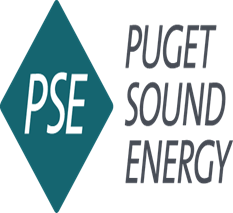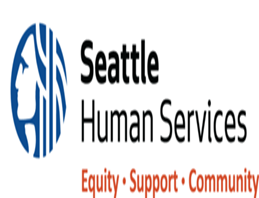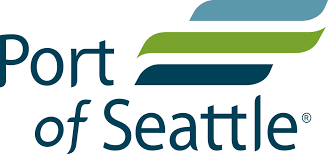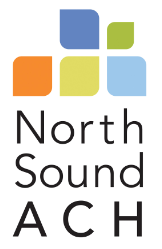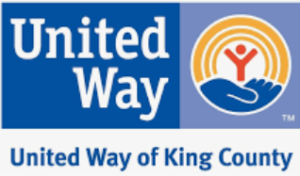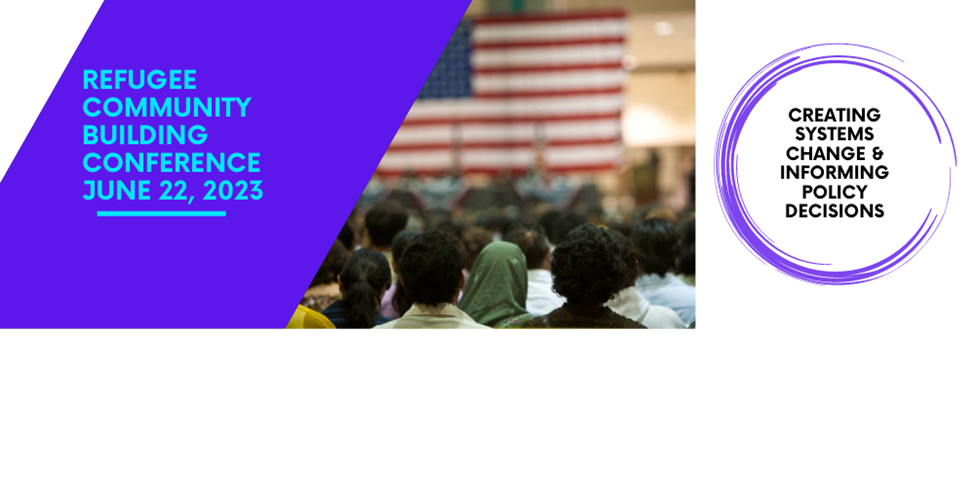
Convened By
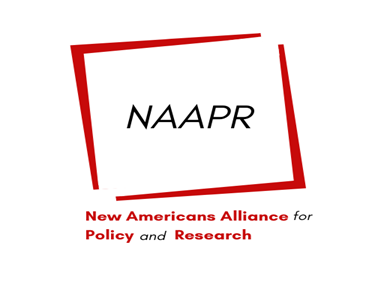
Partners



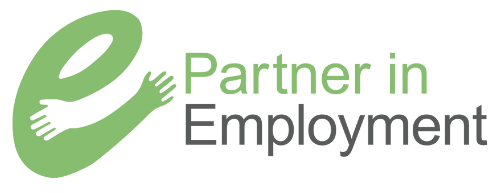
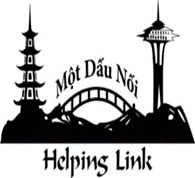
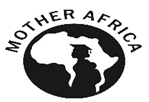
Seattle Airport Marriott
3201 South 176th Street, Seattle, Washington, 98188
Conference Schedule
Thursday, June 22, 2023
-
- 8:30 – 9:30 am: Registration and Breakfast
-
- 9:30 – 10:15 am: Welcome, Opening Keynote, and ethnic entertainment
-
- 10:30 – 12:00 pm: Concurrent Sessions
-
- 12:15 – 1:30 pm: Lunch
-
- 1:45 – 3:15 pm: Concurrent Sessions
-
- 3:15 – 4:00 pm: Visit the Resource Room
-
- 4:10 – 5:15 pm: Plenary Panel: Refuge After War
-
- 5:15 – 6:30 pm: Dinner and Cultural Entertainment
-
- 6:30 pm: Closing Remarks
Welcome and Opening Performance 9:30 am
Opening Keynote by King County Councilmember Girmay Zahilay 9:50 am
Girmay Zahilay is a King County Councilmember, an elected position representing 2.4 million people in King County, Washington. After graduating from Franklin High School in South Seattle, Girmay received degrees from Stanford University and UPenn Law School, and worked in the Obama White House. His experiences growing up in public housing and going to public schools inspired him to pursue anti-poverty work through the Congressional Hunger Center and also to found Rising Leaders, Inc., a nonprofit that equips underserved middle school students with mentors and life skills training. Since taking office, Girmay has offered bold solutions to problems that need immediate regional leadership. He has worked to build and maintain affordable housing for communities experiencing displacement, invested more in youth opportunities, expanded public transit in neighborhoods that have the highest need, reformed criminal legal systems, and made the political process more inclusive across communities and generations.
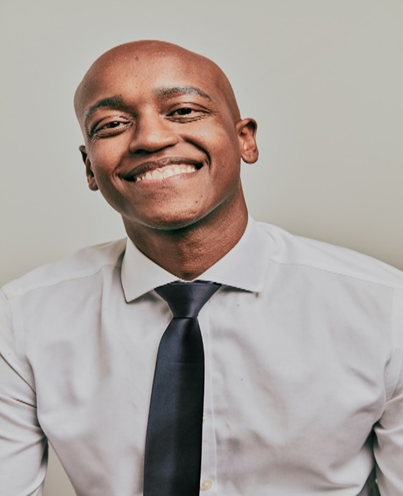
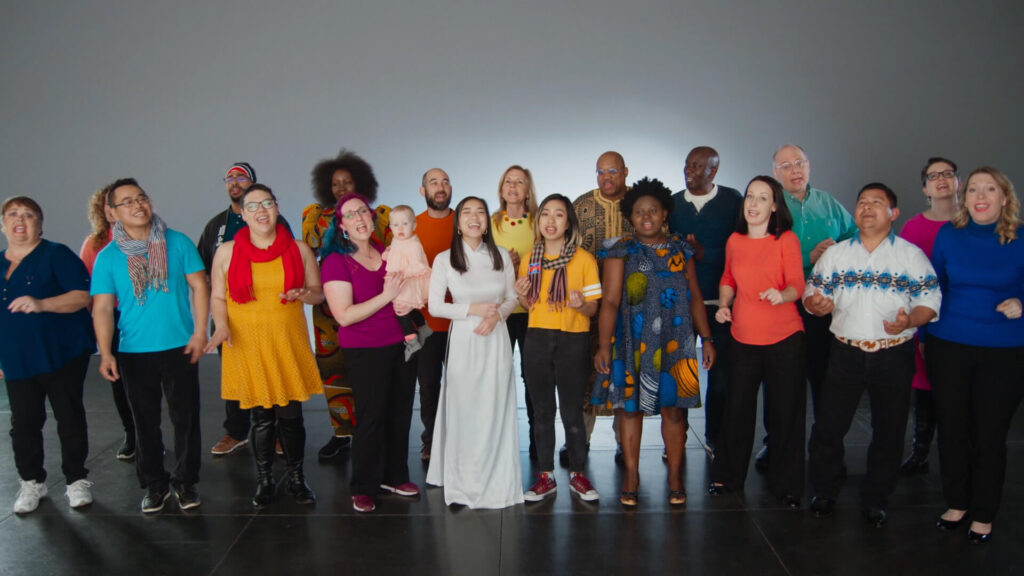
The Tacoma Refugee Choir is a non-auditioned choir of refugees, immigrants, and friends who seek belonging and who are committed to creating a more equitable and welcoming community. In its first seven years, the Tacoma Refugee Choir (TRC) led by Erin Guinup has welcomed over 800 members from over 65 countries, and performed for over 40,000 people at community, educational and government events, including WE Day, TEDxSeattle, the National ACDA music conference, National Race & Pedagogy Conference, and U.S. Citizenship ceremonies. Tacoma Refugee Choir has been featured on PBS and network television with stories and music videos of original songs created with members, and produced concerts, community singing events, international karaoke, and music classes. At a time when migration issues and the universal need for home and welcome are more salient than ever, TRC extends love, hope and belonging to those who find themselves in our community.
Concurrent Workshop Sessions A 10:30 am – 12:00 pm
Lunch: Plenary Speech12:15 – 1:30 pm
Concurrent Workshop Sessions B 1:45 – 3:15 pm
Resource Room- Check out community resources. 3:15 – 4:00 pm
Plenary Panel: Refuge After War 4:10 – 5:15 pm
Refuge After War examines the experiences of Vietnamese and Afghan refugees forced to flee and resettle in Washington after the falls of Saigon in 1975 and Kabul in 2021. Through the eyes of director Thanh Tan, a daughter of refugees, this series is a personal examination of the power, the trauma and the challenges of refugee resettlement in the 21st century – and a reflection of America’s ongoing failure to learn from the past. We will view three of the episodes, followed by a discussion with the filmmaker, Thanh Tan, Florence Galatea, Viets For Afghan Administrator, and Navid Hamidi, Afghan Health Initiative Executive Director.
About Thanh Tan: Thanh is an Emmy award-winning multimedia storyteller, senior writer (Starbucks Stories), independent filmmaker and creator/host of Second Wave, a groundbreaking podcast from PRX and KUOW tracing the experiences of Vietnamese refugees after the war ended in 1975. Her work has been featured in This American Life, The Seattle Times, and The New York Times.
Dinner and Cultural Entertainment 5:15 – 6:30 pm
Maya Soleil Traditions features vocalists/dancers Moye Kashimbi from Zambia and Sheimamu Alhassan from Ghana, along with dancer and master drummer Awal Alhassan from Ghana. Members of the group perform traditional drum & dance from West Africa and South-Central Africa, including vocals in their native languages. Members of Maya Soleil have performed and recorded with internationally renowned African artists, including Amayenge (Zambia), Kanda Bongo Man (Congo), Yoka Nzenze (Congo), Lora Chiorah-Dye (Zimbabwe), the national dance companies of Zambia and Ghana, and others.
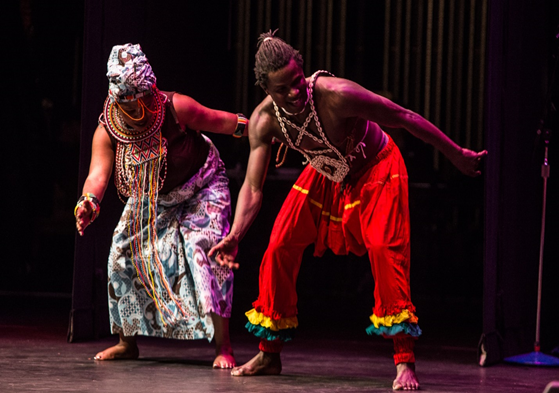
Eurasia Academy and Ensemble: Eurasia Academy and Ensemble was first funded in 1984 by Grace Emiko Noor Nakamura in Seattle, Washington. Ensemble Eurasia presents highly cultural, enchanting Perso-Turkic Music and the lovely Dances of Central Asia, Iran, Caucasus, and Uzbekistan.
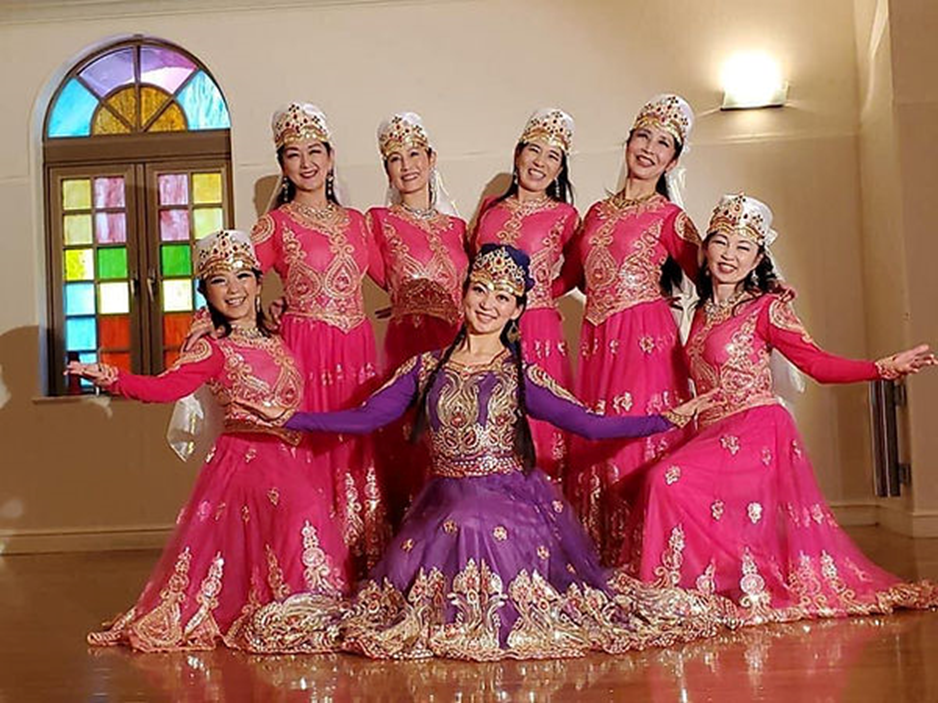
Fine Artists Group of Washington
Enjoy a dazzling performance by Bhutanese youth: A traditional Nepali Dance and a tribal (Limbu/Subba) group Dance.
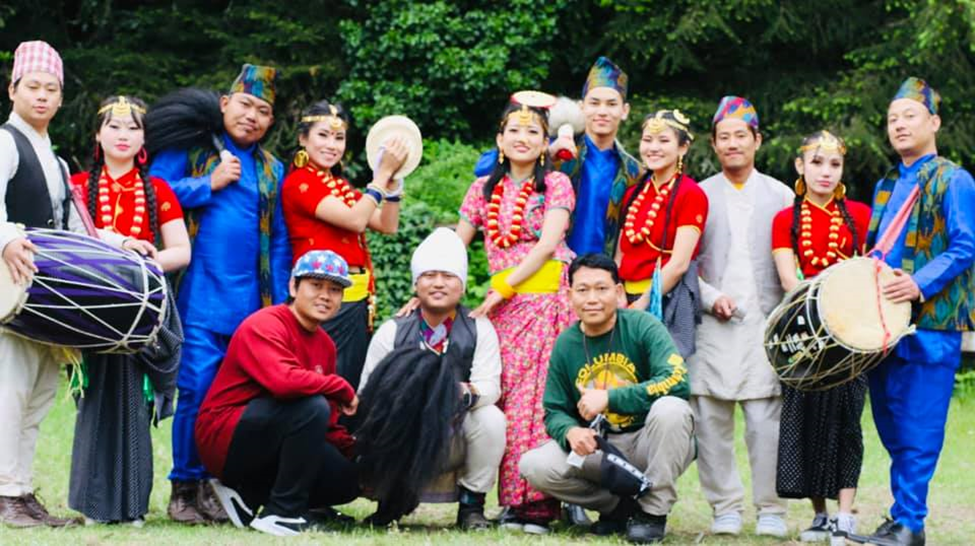
Workshops
Concurrent Sessions A
10:30 am – 12:00pm
Woman Leaders
In this workshop, a panel of women leaders will share their journey to leadership, how they learned to use their voice to advocate for the communities they serve, impact of culture and traditions on hindering or facilitating women’s leadership, and the role of women in ensuring access to leadership opportunities and building community agency/influence. This is an interactive workshop and audience participation is encouraged.
Panelists:
Sahra Farrah, Executive Director – Somali Community Services of Seattle
Minh-Duc Nguyen, Executive Director – Helping Link
Risho Sapano, Executive Director – Mother Africa
My-Linh Thai, Washington State Representative
Moderator: Angela Taherazer
Refugee Mental Health: Challenges and Policy Implications
Not since World War II has there been a mass exodus of people fleeing conflict, war, and persecution. Refugees are courageous people who have been forced to flee their homelands. Yet, exposure to mass violence, trauma, and additional stressors experienced after post-resettlement, compounded by racism, discrimination, and marginalization of their cultural practices, increases their risk factors for adverse mental health outcomes. This presentation will address refugee mental health, examines policies, and recommends strategies for advocacy, intervention, and early and ongoing mental health care for refugees. The workshop will also address the protective factors in refugee communities and how representing refugees in a sick role may have negative consequences because it raises questions about the capacity of refugees for self-determination.
Panelists:
Dipa Gautam Acharya, Clinical Case Manager – Asian Counseling and Referral Services
Ambika Dhungyel, Mental Health Counselor – Asian Counseling and Referral Services
Chau Huynh, MSW, Clinical Case Manager – Asian Counseling and Referral Services
Maliha Mirza, MSW- Behavioral Health Social Worker – HealthPoint
Gayhtoo Thaw, MSW, Clinical Case Manager – Asian Counseling and Referral Services
Moderator: Merih Mehari, MSW
Refugees and Healthcare System: A Call for Different Approaches to Heath Education, Outreach, and Access
For refugees, forced migration increases susceptibility to poor health and increases health inequity. Exposure to multiple stressors, pre- and post-resettlement such as war, trauma, employment, housing, language, scarce financial resources, and lack of access to health information, profoundly impact refugees’ health.Without the ability to speak and read English well, refugees are at a great disadvantage in accessing health information, communicating with healthcare providers, complying with medication directions, understanding medication side-effects, making appointments, engaging in preventative care, and advocating for themselves. Discussion will focus on social determinants health for refugees, chronic health issues, health care system, and recommendations for health policies that decrease health disparities and increase health equity for refugees.
Panelists:
Hawa Elias, Public Policy Analyst- Community Health Plan of Washington
Navid Hamidi, Executive Director – Afghan Health Initiative
Reza Pedram, Program Director – Afghan Health Initiative
Moderator: Milica Veselinović
Multilingual and Multicultural Education: Supporting the Educational Success of Refugee Students
How can educators meet the needs of refugee students and close the achievement gap for our students? In this workshop, participants will learn about the Seattle Public Schools students from refugee backgrounds, the program model currently used for bilingual education preparation, and program outcome measurements used to measure success in meeting the needs of refugee students. The panel will discuss areas of improvement and recommend policy changes resulting in higher graduation and decreased dropout rates for our refugee students.
Panelist: Dr. Concie Pedroza, Associate Superintendent – Seattle Public Schools
U.S. Refugee Resettlement Policy: Time for Re-evaluation
Employment and English language proficiency are two key components to refugees’ ability to pull out of poverty and to have equal access to educational, economic opportunities. Inability to speak English has profound impact on refugees’ health, access to housing, self-advocacy, civic and political participations engagement, parenting, and connections to the broader community. Since the passage of the 1980 Refugee Act, the main goal of refugee resettlement program has been to move refugees into paid employment within 3-6 months after arrival to ensure self-sufficiency. Panelists will share their perspectives and experiences on the effectiveness of the current policy on refugees long term economic success, and will offer policy change recommendations.
Panelists:
Gyanendra Subba, Program Manager – Workforce Development Council
Abdirahman Omar, Community Advocate
Refugees in Apprenticeship Pathways: Addressing Low Enrollments
Youth and adult refugees come to this country seeking good jobs but can’t afford to attend traditional college to obtain a degree. Other options exist such as short-term training and apprenticeship programs, but the number of refugees going into this pathways remain very low. Panelists will discuss what is preventing refugees entering and completing short-term trainings and apprenticeships and offer strategies to make successful changes.
Panelists:
Tsegay Gebru, Executive Director – Horn of Africa Services
Tamthy Le, Executive Director – Kandelia
Minh-Duc Nguyen, Executive Director – Helping Link
Moderator: Dr. Marjan Didra
Access to Supplemental Security Income and Resources for Families with Special Needs Members
Many refugees who are disabled and are applying for Supplemental Security Income (SSI) for the first time will encounter multiple barriers in accessing benefits and obtaining income security. For example, some applicants may lack medical evidence in the U.S., some may experience mental health challenges related to war and trauma or are unfamiliar with the SSI application process. This workshop will provide an overview of the services available, SSI eligibility, the application process, and how decisions are made on SSI applications for noncitizens with disabilities. Finally, this session will address current language access policies and how these policies should be used to remove barriers for noncitizen SSI applicants, and the resources most needed to support families with special needs.
Panelists:
Huy Nguyen, Executive Director- Benefits Law Center
Diana Atanacio, Programs Manager – Open Doors for Multicultural families
Reducing Home Environmental Health Hazards
Many refugees arriving in the United States face multiple health challenges. Toxic cleaning products may further add to health problems. Health promotion and education are critical in empowering individuals to understand the effects of cleaning products that contain chemicals potentially damaging to their health. Panelists will share information on reducing home environmental health hazards and safely using, cleaning, and maintaining their homes. Participants will leave with new knowledge about safer cleaning recipes that can reduce exposure to toxic chemicals.
Panelists:
Ahado Abdi, Health Promoter – Mother Africa
Kholoud Naser Aldeen, Program Manager – Mother Africa
Rasha Elshaarawi, Senior Program Coordinator – Mother Africa
Concurrent Sessions B
1:45 – 3:15pm
Strategic Use of the Media: Amplify Refugee Voices
Negative portrayals of refugees in the media can influence how the government determines its refugee policies. The media can also be important in garnering support for refugee issues and mobilizing the community. This workshop will introduce participants to how to draft compelling messaging, issue framing, prepare for a media interview, and storytelling. KUOW Community Engagement staff will share their expertise and guide participants in exercises to engage with the media and prepare effective messaging.
Panelists:
Zaki Hamid, Director of Community Engagement – KUOW
Kamna Shastri, Community Outreach Coordinator – KUOW
U.S. Refugee Resettlement Program
This workshop covers the history of the U.S. refugee resettlement system, current refugee resettlement priorities for the U.S. Refugee Program, changes that have occurred in refugee admission in the post-9/11 and since 2016, and how to help rebuild the refugee resettlement system.
Panelists:
Medard Ngueita, Executive Director – World Relief
Sarah Peterson, MSW – Washington State Refugee Coordinator
Mohammad Nasir Rizaee – International Rescue Committee
Parent involvement: Refugee Parents Recommendations to Educators and Policymakers
Refugee parents share their views of schools and their experiences with school systems, and provide recommendations on how to support refugee parents and students to ensure academic preparation and success. Discussion focuses on understanding resettlement challenges, hopes and dreams for their children, and including parents in the development of educational policies and services for refugee students.
Panelists:
Al-Abedi
Rand Al Hamadi, Social Services Department Manager
Fawaz Alhousaini – Syrian Parent
Regina Elmi, Executive Director- Supporting Partnerships in Education and Beyond
Moderator: Marwa Sadik
The Funders’ Perspective
Local funders share their guidelines and application processes, their experiences in working with refugee organizations, and tips on successful grants.
Panelists:
Aileen Balahadia , Program Consultant – Seattle Foundation, Neighbor to Neighbor
Sola Plumacher, Regional Homeless Policy Advisor – City of Seattle Human Services Department
Aviva Stamfer, Grants and Programs Director – Washington Women’s Foundation
Gyanendra Subba, Program Manager – Workforce Development Council
Moderator: Natalie Thomson
Policy 101: Owning Your Political Power
Public policy is anything a government chooses to do or not to do and affects and influences every member of society. Refugee settlement policies at the national and local level influence refugee integration by shaping refugees’ ability to participate socially and economically. If you are interested in becoming a policy advocate and want to learn more about policy formation, where to start, or how to get involved, this session will provide opportunities to dive into the fundamentals of how public policies are formed and ways to get involved in amplifying the concerns of refugee communities.
Presenter:
Dr. Marjan Didra, King County Policy and Community Engagement Specialist
Housing and Homelessness
As government and philanthropy pours millions of dollars into addressing homelessness, our homeless refugees remain entirely invisible because there is a lack of data about refugees experiencing homelessness and their needs. The lack of data has resulted in inefficiency and inequitable allocation of funds and service delivery. The panel will discuss housing access and homelessness among refugees, and the impact of lack of data and policy on our refugee populations. Recommendations on tailored policy and programs are offered.
Panelists:
Mohammed Akmoosh, Community Advocate
Semone Andu, Regional Health Administrator – Healthcare for the Homeless Network
Modou Nyang , Community Capacity Specialist – King County Regional Homelessness Authority
Shamso Yusuf, Community Advocate
Moderator: Kristen Moss
Addressing Substance Use in Refugee Communities
Despite exposure to various socioeconomic risk factors, refugees tend to use and abuse substances at lower levels than native-born Americans. Although there is no data that breaks down drug abuse in our refugee communities, anecdotally, we know it is impacting our communities, especially our young people.
In this workshop, participants will learn about the signs of drug abuse and how to navigate treatment and recovery systems. Participants will also gain knowledge about addressing stigma around addiction that may prevent seeking help. The presenter will share recommendations on outreach and prevention strategies specific to refugee communities.
Panelists:
Ellie Navidson, MS, RN, Advanced Practice Nurse Specialist – Public Health – Seattle & King County, Healthcare for the Homeless Network
Flora Lansburgh, MPH, BSN, RN – Public Health – Seattle & King County, Healthcare for the Homeless Network
Access to Early Childhood Education: What’s working and what needs to change?
High-quality Early Childhood Education can be a powerful avenue for supporting our refugee children’s social, emotional, language, and cognitive development, and for supporting their well-being in the short and long term. This workshop will address current programs, challenges, and provide policy recommendations in ensuring access to Early Childhood Education that are culture-based and community informed.
Panelists:
Decca Calloway, Program Services Director – Puget Sound Educational Service District
Mehret Habte Mehanzel, MSW – Founder and President & Afro-Moves Learning Institute
Susan Lee, Early Learning Director – Refugee Women’s Alliance
Sharifa Sabrie, Site Manager, Educare Early Learning and Heritage Head Start – Puget Sound Educational Service District
Exclusion Through Data Invisibility
Refugees face data scarcity as there is no active process to collect data on our refugee communities in a systematic manner- the U.S. Census federal datasets do not classify refugees by their racial/ethnic group. This renders them invisible to the policy and decision makers and diminishes refugees’ political power. This aggregation of data makes it difficult to identify challenges unique to the refugee population and to develop more targeted and nuanced interventions. This workshop will discuss the impact of data invisibility, especially combined with a political and social environment in which refugees are demonized by a portion of the public and of political actors, creates tremendous barriers to their ability to build economic self-sufficiency and stability, and achieve positive health and educational outcomes.
Panelists:
Tsegaye Gebru, Executive Director – Horn of Africa Services
Minh-Duc Nguyen, Executive Director – Helping Link
Moderator: Dr. Marjan Didra
THANK YOU! We gratefully acknowledge our sponsors for their generous support of the 2023 Refugee Community Building Conference.
